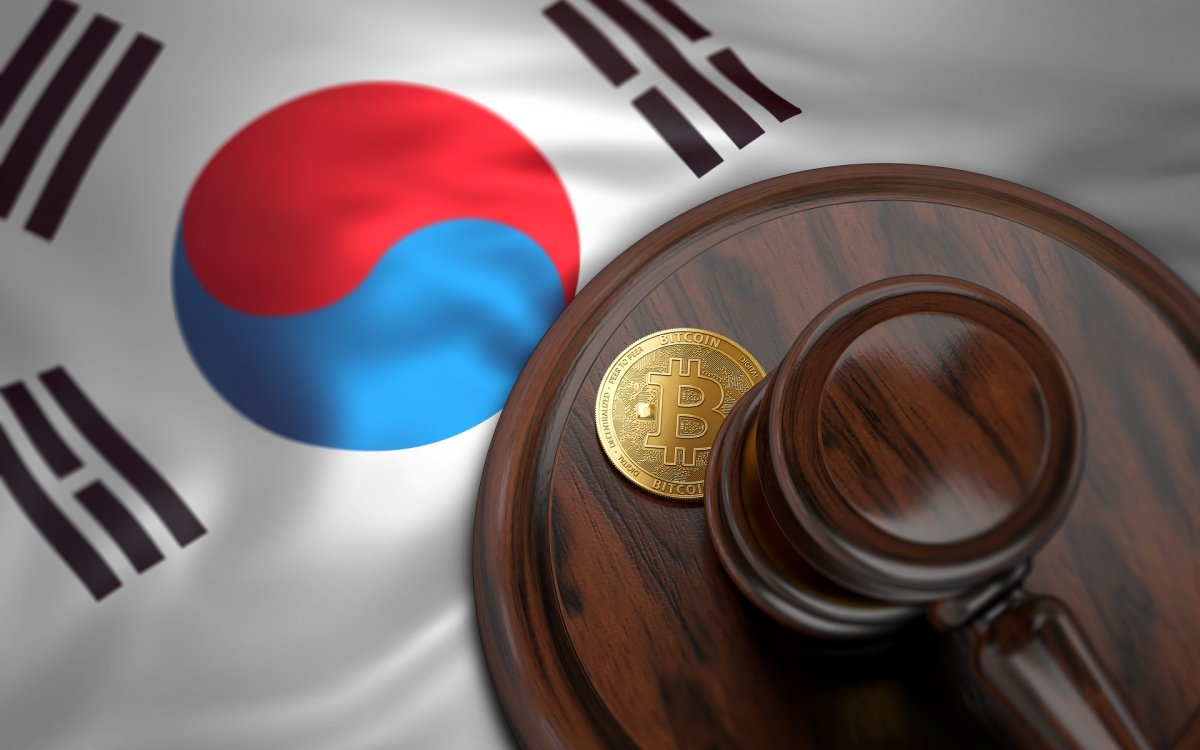South Korea Launches New Virtual Asset Protection Law
21.07.2024 9:30 1 min. read Alexander Stefanov
South Korea's Financial Services Commission (FSC) has rolled out a new law aimed at bolstering the protection of virtual asset users, effective from July 19.
This law, the Virtual Asset User Protection Act, builds on previous regulations from March 2021, which required virtual asset service providers (VASPs) to register with financial authorities and adhere to anti-money laundering standards.
The new act, passed on July 18 last year, strengthens oversight of VASPs by addressing issues such as asset safety and unfair trading practices.
Key provisions include mandatory segregation of user funds, insurance or reserve funds to mitigate risks like hacking, and strict monitoring of transactions to identify and report suspicious activities.
VASPs are now required to store customer deposits at banks and pay interest on these funds. They must also keep detailed records of user assets and are subject to more rigorous inspections and penalties for non-compliance.
The FSC aims to create a more secure environment for virtual asset users with these enhanced regulations.
However, they emphasize that while the new rules offer increased protection, risks remain, particularly with transactions involving unregistered service providers or peer-to-peer exchanges
-
1
Federal Reserve Clears Path for Banks to Enter Crypto Market
24.06.2025 8:00 2 min. read -
2
Vietnam Charts a Clear Course for Digital Assets With New 2026 Law
16.06.2025 18:00 1 min. read -
3
GENIUS Act Clears Senate, Setting Stage for First U.S. Crypto Law
18.06.2025 12:00 1 min. read -
4
Coinbase and Set Gemini to Expand in EU Under MiCA Rules
17.06.2025 13:00 2 min. read -
5
U.S. Senate Moves Closer to Passing Landmark Stablecoin Legislation
17.06.2025 10:00 1 min. read
Arizona Governor Vetoes Bill, Related to State Crypto Reserve Fund: Here Is Why
Arizona Governor Katie Hobbs has officially vetoed House Bill 2324, a legislative proposal that aimed to create a state-managed reserve fund for holding seized cryptocurrency assets.
SEC Explores New Fast-Track Process for Token-Based ETFs
The U.S. Securities and Exchange Commission (SEC) is in the early stages of developing a standardized listing framework for token-based exchange-traded funds (ETFs), according to a July 1 report by journalist Eleanor Terrett.
SEC Approves Grayscale ETF Tracking Top Five Cryptocurrencies
The U.S. Securities and Exchange Commission (SEC) has officially approved the conversion of the Grayscale Digital Large Cap Fund into an exchange-traded fund (ETF), finalizing its transition from an over-the-counter product into a fully regulated ETF structure.
U.S. Supreme Court Backs IRS Access to Crypto Exchange Data
In a major development for cryptocurrency regulation and user privacy, the U.S. Supreme Court has declined to hear a challenge to the IRS’s authority to collect broad customer data from crypto exchanges.
-
1
Federal Reserve Clears Path for Banks to Enter Crypto Market
24.06.2025 8:00 2 min. read -
2
Vietnam Charts a Clear Course for Digital Assets With New 2026 Law
16.06.2025 18:00 1 min. read -
3
GENIUS Act Clears Senate, Setting Stage for First U.S. Crypto Law
18.06.2025 12:00 1 min. read -
4
Coinbase and Set Gemini to Expand in EU Under MiCA Rules
17.06.2025 13:00 2 min. read -
5
U.S. Senate Moves Closer to Passing Landmark Stablecoin Legislation
17.06.2025 10:00 1 min. read


